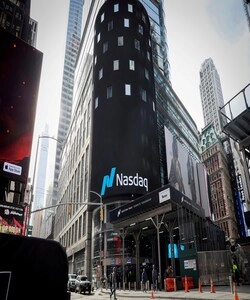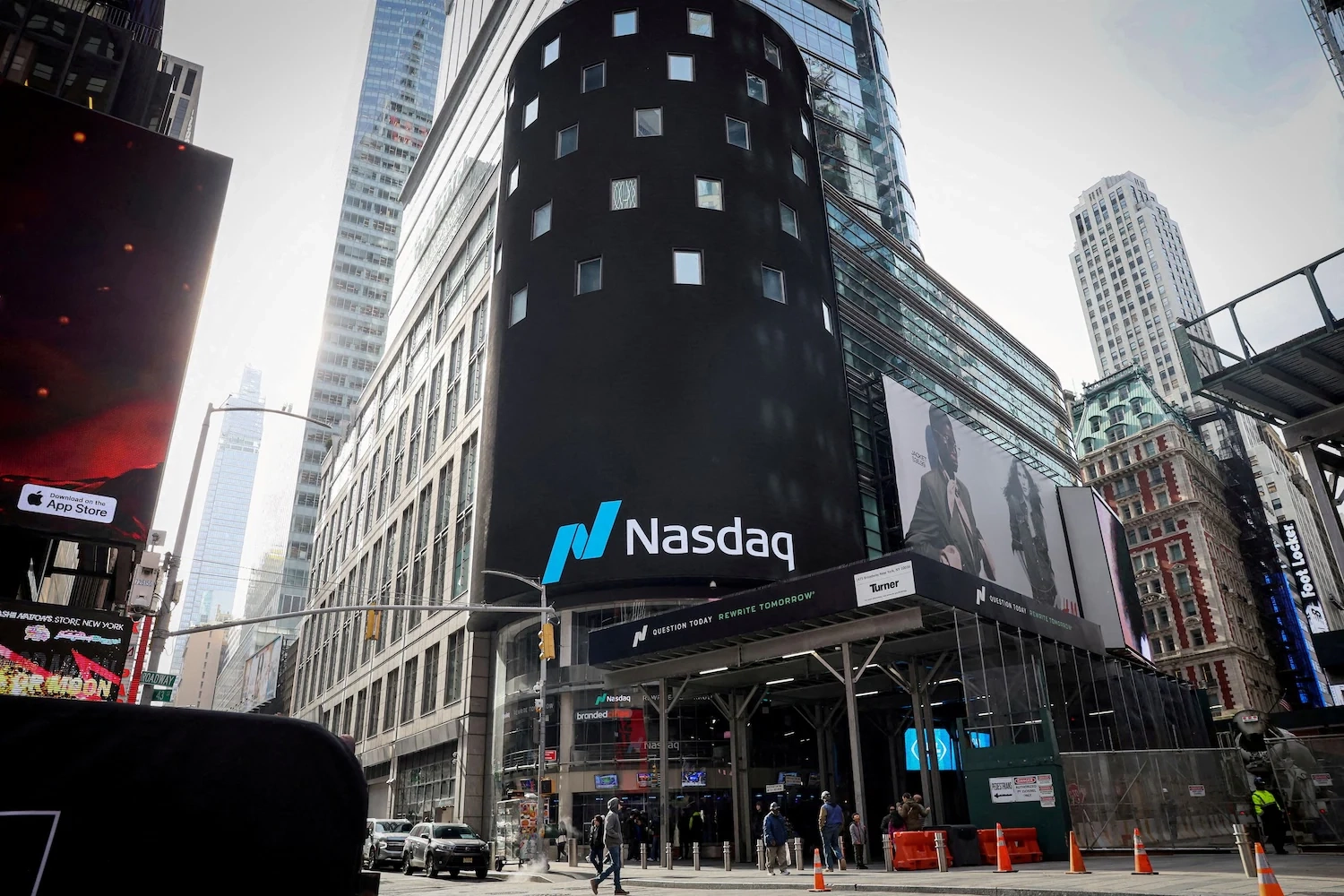Home Market News Explained What are 'disaster puts' that Wall Street option traders are loading up on  Option traders on Wall Street are getting increasingly worried about a potential sell-off in tech stocks as analysts begin to caution about a "bubble" after a rally of over 40% on the Nasdaq from the April tariff lows. As a result, they have begun to buy "disaster" put options According to data from 22V Research, traders are less worried about a normal "run-of-the-mill" correction and more worried about a crash within the tech, AI-related stocks after a breakneck rally that has pushed these stocks and the Nasdaq to record highs. Data shows that option traders are loading up on "disaster" put options on the Invesco QQQ Trust Series 1 ETF, which tracks the Nasdaq 100 index, and has a market capitalisation of over $360 billion.
"Disaster" put options are technically buying deep out-of-the-money options, which indicates fear of a deeper crash than a normal correction. Data indicates build up of open interest on the $515 put option for the October contracts, which is near the 200-Day Moving Average of the QQQ ETF. The QQQ ETF closed Tuesday's trading session at $569. Put options give investors the right to sell the underlying security at a certain price, and are popular as a way of protecting against a market drop. According to 22V research, a measure indicating the cost of hedging for a sharper correction in comparison to a normal one is at a three-year high. Analysts at Apollo Management wrote to clients on Monday that tech stocks are following a pattern that is "surprisingly similar" to the dot-com bubble of the late-90s and early-2000s. The elevated interest in "Disaster" put options shows that traders are worried about a repeat of the tariff tantrums of April, which, according to Jeff Jacobson of 22V Research, is overblown. He believes that the $515 level, or the 200-DMA of the QQQ, will act as a support, in case of a fall. That level implies a 10% downside from Tuesday's close. Not everyone on Wall Street though, is convinced that investors should be shorting the best performing of the major US equity indexes over the last decade. JPMorgan Chase & Co. cross-asset strategists, for instance, suggest shorting the small-capitalization Russell 2000 Index and going long the Nasdaq 100.
Option traders on Wall Street are getting increasingly worried about a potential sell-off in tech stocks as analysts begin to caution about a "bubble" after a rally of over 40% on the Nasdaq from the April tariff lows. As a result, they have begun to buy "disaster" put options According to data from 22V Research, traders are less worried about a normal "run-of-the-mill" correction and more worried about a crash within the tech, AI-related stocks after a breakneck rally that has pushed these stocks and the Nasdaq to record highs. Data shows that option traders are loading up on "disaster" put options on the Invesco QQQ Trust Series 1 ETF, which tracks the Nasdaq 100 index, and has a market capitalisation of over $360 billion.
"Disaster" put options are technically buying deep out-of-the-money options, which indicates fear of a deeper crash than a normal correction. Data indicates build up of open interest on the $515 put option for the October contracts, which is near the 200-Day Moving Average of the QQQ ETF. The QQQ ETF closed Tuesday's trading session at $569. Put options give investors the right to sell the underlying security at a certain price, and are popular as a way of protecting against a market drop. According to 22V research, a measure indicating the cost of hedging for a sharper correction in comparison to a normal one is at a three-year high. Analysts at Apollo Management wrote to clients on Monday that tech stocks are following a pattern that is "surprisingly similar" to the dot-com bubble of the late-90s and early-2000s. The elevated interest in "Disaster" put options shows that traders are worried about a repeat of the tariff tantrums of April, which, according to Jeff Jacobson of 22V Research, is overblown. He believes that the $515 level, or the 200-DMA of the QQQ, will act as a support, in case of a fall. That level implies a 10% downside from Tuesday's close. Not everyone on Wall Street though, is convinced that investors should be shorting the best performing of the major US equity indexes over the last decade. JPMorgan Chase & Co. cross-asset strategists, for instance, suggest shorting the small-capitalization Russell 2000 Index and going long the Nasdaq 100.
(With Inputs From Agencies.)
Modi to attend SCO Summit



